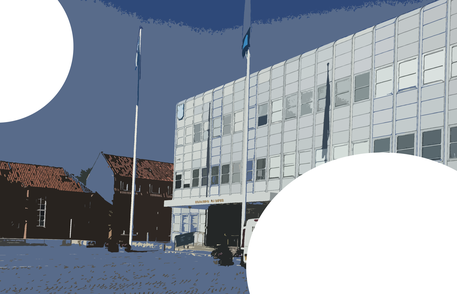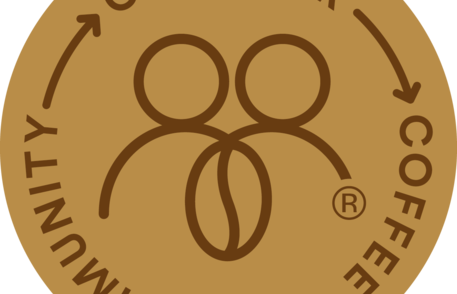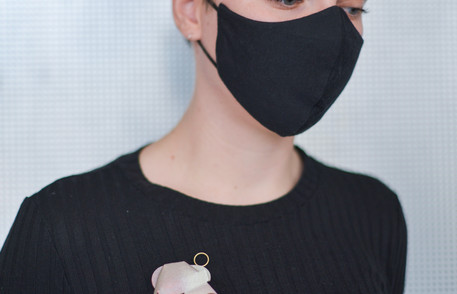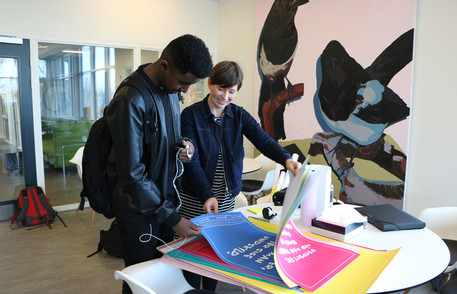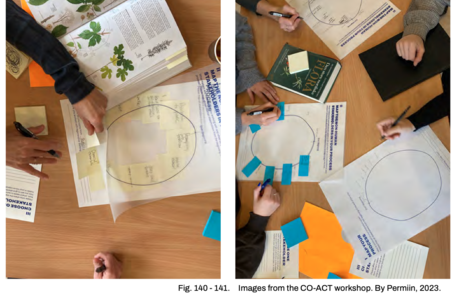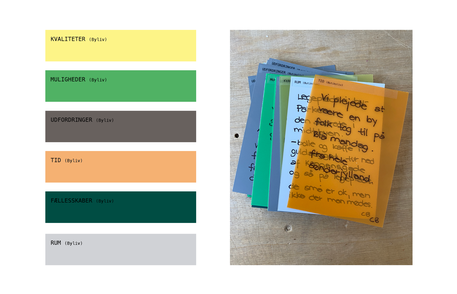Facts
Dementia in the home
The overall objective of Dementia in the home was to generate growth in the Region of Southern Denmark by:
- Developing technologies which can improve the everyday lives of people with mild dementia by easing their functional limitations or technologies that can delay functional limitation related to dementia.
- Developing and refining the user-driven innovation method in relation to people with mild dementia.
The project ran for three years and focused on people with mild dementia living at home.
“Mild dementia affects a diverse group of people with as many different needs as healthy people, and although the disease is usually described as a slippery slope, people suffering from mild dementia see their illness as a staircase with steps where the step and the challenges they are facing at that moment are in focus, without regard for the past or what the future may hold.”
Results
Dementia in the home resulted in a number of suggestions regarding products for people with mild dementia, including a mobile phone app that gives caregivers the opportunity to create customised and picture-based directions, an interactive wobble board with a built-in balancing game that motivates people to exercise more and a microwave oven with a special communicative aesthetic and a simple interface that makes it easier for people with mild dementia to use. The microwave oven was developed by Design School Kolding.
For the companies involved, the project resulted in new, systematic and scientific knowledge – and methods – to identify user and customer requirements. Both the knowledge and the methods can be found in the project's final reports.
The Dementia in the home project hopes in the future to inspire businesses and municipalities to think innovatively and to use the knowledge and the methods developed in the project when they need to optimise or develop new products and services for people with dementia.
Resultater
The method
Design School Kolding's Laboratory for Social Inclusion developed the special user-driven innovation method, which municipalities, organisations and businesses can use when they need to develop products and services for people with mild dementia.
The method is structured and systematic, and divided into four distinct stages with a total of four meetings with the user, where the developer has the opportunity to ask in-depth questions and get answers to any unresolved issues. During the process, there are also instructions on a variety of tools for analysing, categorising and processing the many ideas generated during the four stages.
Partners
A long list of partners participated in Dementia in the home:
- DTI was the project manager and also helped to present the project and develop the mock up.
- Design School Kolding assisted and, among other things, developed the method for user-driven innovation aimed at people with early-stage dementia still living in their own home.
- The National Board of Social Services contributed with relevant knowledge and was responsible for the dissemination of the project and the results.
- The municipalities of Vejle, Odense and Esbjerg contributed with both professional sparring and with the citizens who helped to develop and test the method.
- The companies Astrid Leisner & Son, Tele Call Danmark, PlayAlive, Care4all and Detech all participated in the development and testing of the user-driven innovation methodology and the development of mock ups.
- The company e-mergency took part in the final testing of the user-driven innovation method, which ensured that the results of the project were tested – also by a third party who had not been part of the development phase.
Dementia in the home was realised with the support of:
The European Regional Development Fund and the Programme for user-driven innovation
